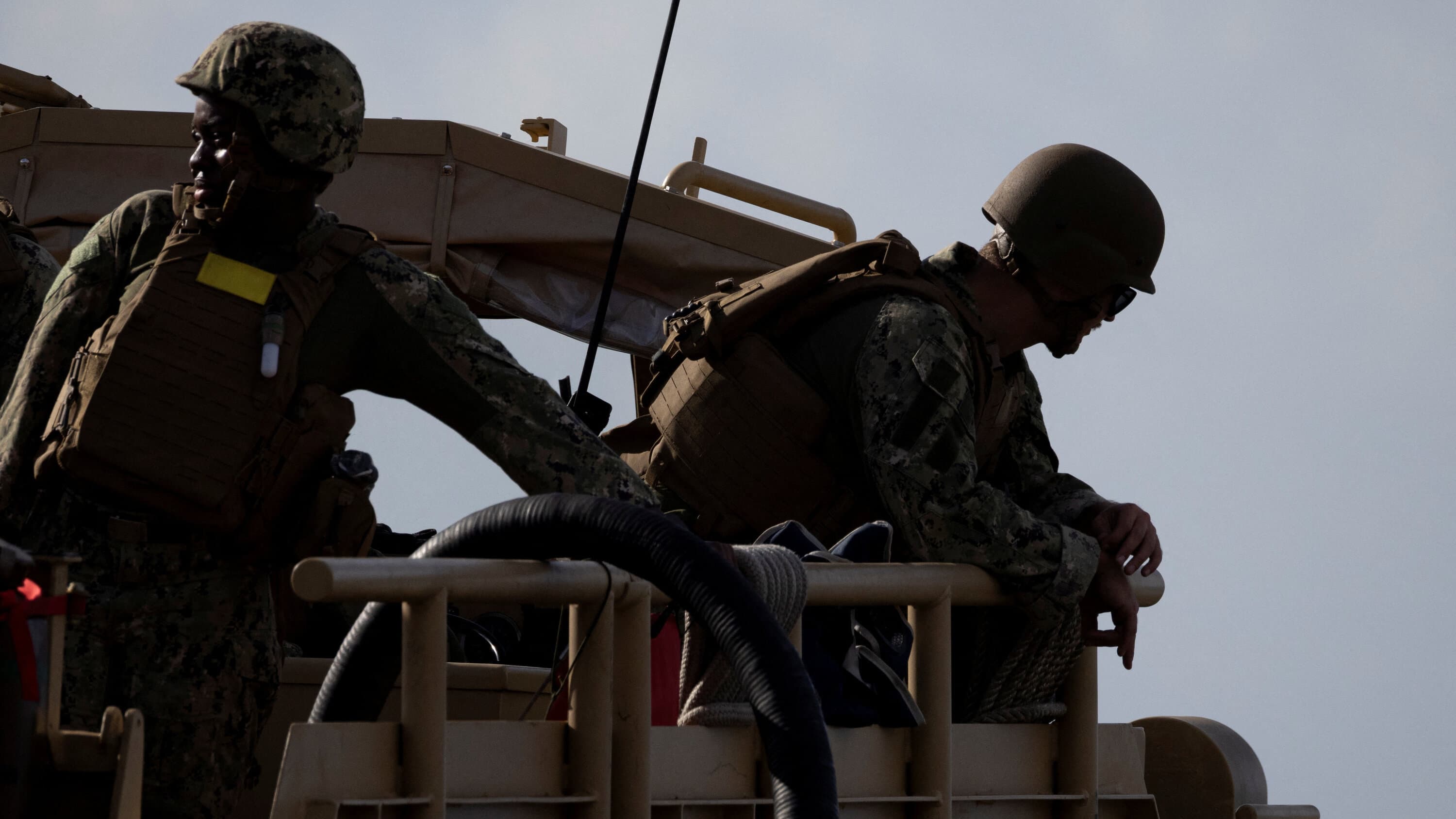We're loading the full news article for you. This includes the article content, images, author information, and related articles.
The United States military has escalated its controversial anti-narcotics campaign, extending operations to the Pacific Ocean off South America, resulting in five fatalities and raising concerns among human rights advocates and regional governments.

The United States military has for the first time conducted strikes against alleged drug-trafficking vessels in the Pacific Ocean off the coast of Colombia, killing five people. This expansion marks a significant shift in Washington's ongoing and contentious efforts to combat illicit drug activities, previously concentrated in the Caribbean.
US Defense Secretary Pete Hegseth confirmed the strikes, which occurred on Tuesday night and early Wednesday, East Africa Time (EAT). These latest incidents follow seven previous attacks in the Caribbean that reportedly killed at least 32 individuals.
The recent Pacific strikes represent a departure from earlier operations, which had primarily targeted vessels off the coast of Venezuela, where the US maintains a substantial military presence. The reasons behind this geographical expansion remain unclear, with the White House declining to comment on the matter.
Secretary Hegseth released a brief video of the Tuesday night strike, depicting a small boat laden with brown packages before it explodes and is engulfed in flames. In a social media post, Hegseth drew a parallel between alleged drug traffickers and the al-Qaeda terror group responsible for the September 11, 2001, attacks on the US. “Just as al-Qaida waged war on our homeland, these cartels are waging war on our border and our people,” Hegseth stated, adding, “there will be no refuge or forgiveness – only justice.”
The Trump administration initiated what appears to be the first of these strikes on September 3, 2025, releasing a video of that attack. Since then, the administration has provided limited details about the targets, beyond the number of fatalities and the assertion that the vessels were carrying narcotics.
These military actions have drawn widespread condemnation from civil liberties groups and several South American nations. Critics argue that such strikes raise serious questions about international law, sovereignty, and the proportionality of force used in anti-narcotics operations.
The legal framework governing these extraterritorial military strikes against alleged drug traffickers remains a point of contention. International law typically requires a clear threat to national security or a host nation's consent for military action within its jurisdiction. The US government has not publicly detailed the specific legal justifications for these operations, particularly in international waters or near the territorial waters of other nations.
While the US government maintains that these operations are crucial for national security and public safety, human rights organizations have voiced strong objections. They highlight concerns about due process, the potential for civilian casualties, and the lack of independent oversight. South American governments have also expressed unease, viewing such unilateral actions as potential infringements on their sovereignty.
The expansion of US military operations into the Pacific carries significant risks, including potential diplomatic strains with regional allies and the possibility of unintended escalation. Critics also warn that such tactics may not effectively address the root causes of drug trafficking, which often involve complex socio-economic factors.
Key unanswered questions include the precise legal authority for these strikes, the intelligence gathering methods used to identify targets, and the extent of collateral damage, if any. The lack of detailed information from the White House and the Pentagon continues to fuel controversy and calls for greater transparency.
The initial strike by the Trump administration occurred on September 3, 2025. The latest Pacific strikes took place on Tuesday, October 22, and Wednesday, October 23, 2025, EAT. Future actions and policy shifts will likely depend on ongoing assessments by the US administration and international reactions.
Observers will be closely watching for further details from the US government regarding the legal basis and operational parameters of these expanded anti-narcotics efforts. The responses from South American nations and international human rights bodies will also be critical in shaping the discourse around these controversial military interventions.
Keep the conversation in one place—threads here stay linked to the story and in the forums.
Sign in to start a discussion
Start a conversation about this story and keep it linked here.
Other hot threads
E-sports and Gaming Community in Kenya
Active 9 months ago
The Role of Technology in Modern Agriculture (AgriTech)
Active 9 months ago
Popular Recreational Activities Across Counties
Active 9 months ago
Investing in Youth Sports Development Programs
Active 9 months ago